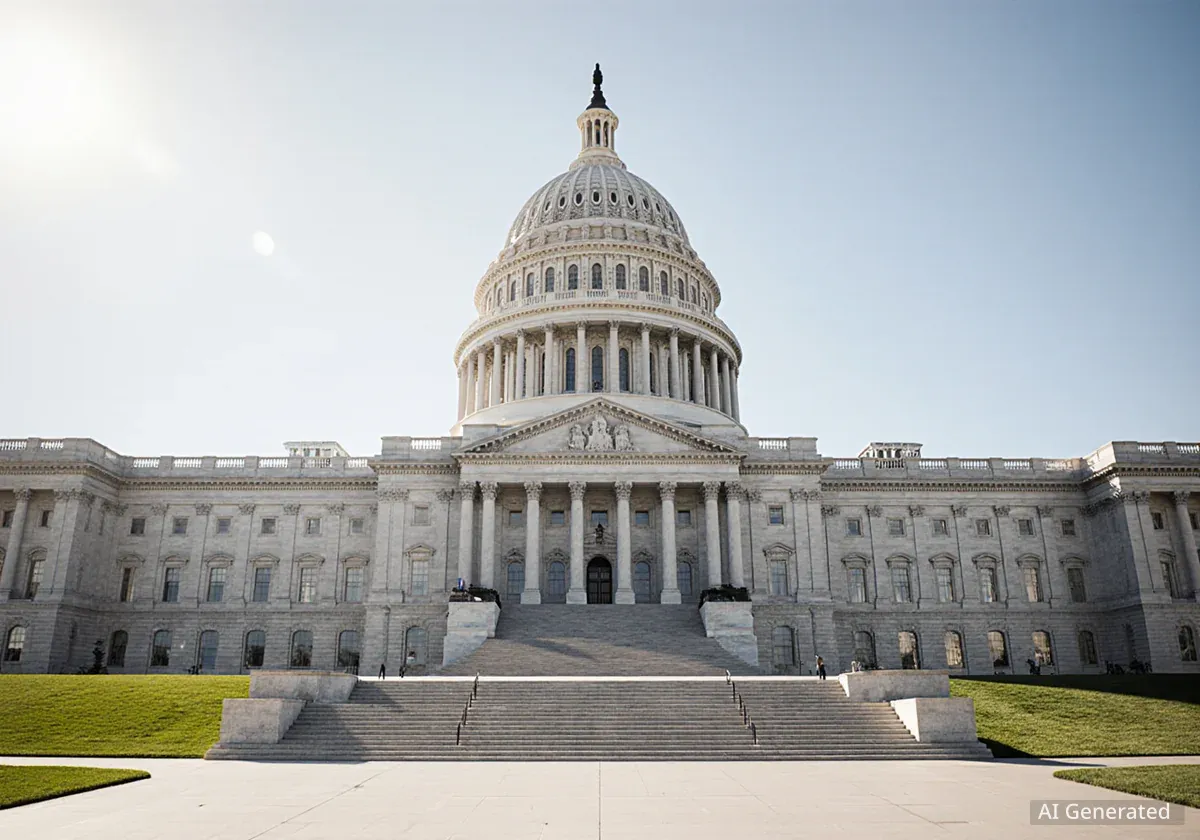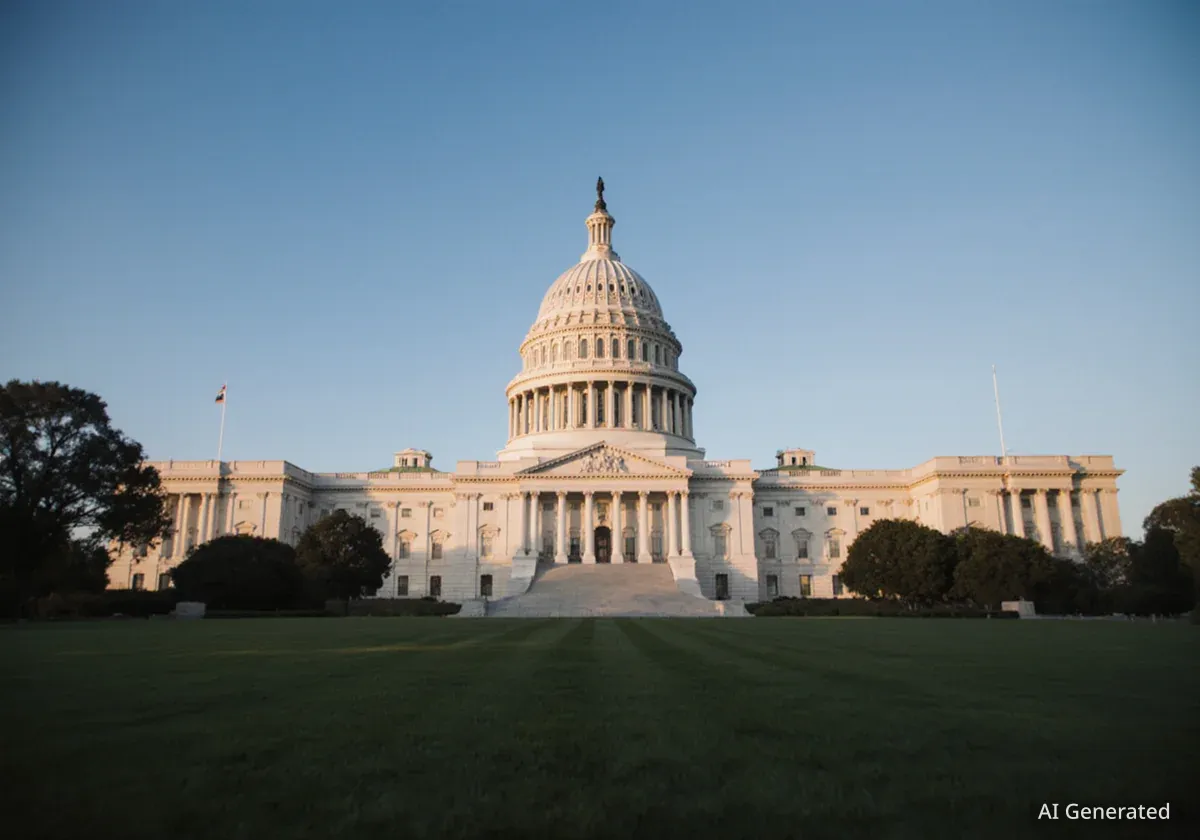In a significant diplomatic development, the European Union is formally considering a suspension of its trade agreement with Israel. This move comes in response to Israel's ongoing military operations in the Gaza Strip, signaling a notable increase in international pressure over the humanitarian situation.
The proposal, initiated by Spain and Ireland, urges the European Commission to conduct an urgent review of the EU-Israel Association Agreement. This agreement forms the legal basis for trade and political relations between the two parties and includes a clause requiring respect for human rights.
Key Takeaways
- Spain and Ireland have formally requested the European Commission to review the EU-Israel Association Agreement.
- The review focuses on whether Israel is complying with the human rights obligations outlined in the trade deal.
- Suspension of the agreement would impact trade concessions and represent a significant political censure from the EU.
- The action reflects growing division among EU member states regarding the conflict in Gaza.
EU Diplomatic Pressure Intensifies
Leaders from Spain and Ireland have jointly called for an immediate and thorough investigation into Israel's compliance with the human rights provisions of its foundational trade agreement with the European Union. According to their official request, the continued military campaign in Gaza has raised serious concerns about potential breaches of international law.
The EU-Israel Association Agreement, which has been in effect since 2000, is a cornerstone of their relationship. It facilitates extensive economic cooperation but is explicitly conditional on both parties upholding democratic principles and fundamental human rights. A suspension would be a rare and powerful step for the bloc to take against a major trading partner.
What is the EU-Israel Association Agreement?
The EU-Israel Association Agreement is the primary legal framework governing relations between the European Union and Israel. Signed in 1995 and entering into force in 2000, it covers political dialogue, economic cooperation, and free trade in industrial goods. Article 2 of the agreement explicitly states that the relationship is based on a mutual respect for human rights and democratic principles, making this clause a potential lever for diplomatic action.
The European Commission has confirmed receipt of the letter from Spanish Prime Minister Pedro Sánchez and Irish Taoiseach Leo Varadkar. A spokesperson stated that the request is being analyzed. Any formal decision to suspend the agreement would require unanimous support from all 27 EU member states, a consensus that is currently difficult to achieve given the varied positions on the conflict within the bloc.
The Human Rights Clause at the Center
The core of the dispute revolves around Article 2 of the Association Agreement. This clause functions as an “essential element” of the treaty, meaning a serious violation could justify the suspension of the entire agreement. Proponents of the review argue that the scale of civilian casualties and destruction in Gaza constitutes a clear violation of these principles.
"The European Union is founded on a commitment to human rights and international law. We must ensure our partners adhere to these same values," an EU official familiar with the discussions stated. "This review is about upholding the integrity of our agreements."
Human rights organizations have long called for the EU to use this clause as leverage. Groups like Amnesty International and Human Rights Watch have documented actions during the conflict that they claim violate international humanitarian law, adding weight to the arguments made by Spain and Ireland.
EU-Israel Trade by the Numbers
The European Union is Israel's largest trading partner, accounting for approximately 28.8% of its total trade in goods in 2022. The total value of this trade was around €46.8 billion. Suspending the trade agreement could have significant economic repercussions for both sides, but would disproportionately affect the Israeli economy due to its reliance on the European market.
However, several EU member states, including Germany and Austria, have historically been strong allies of Israel and are expected to oppose any measures that could be perceived as punitive. This division highlights the complex political challenge the EU faces in formulating a unified foreign policy response to the crisis.
Broader International Reactions
The EU's potential action is part of a wider wave of international scrutiny. In the United States, prominent figures have also voiced strong dissent. Ben Cohen, co-founder of the ice cream brand Ben & Jerry’s, has been a vocal critic of U.S. policy regarding the conflict. Although no longer involved in the company's operations, his activism draws significant public attention.
Cohen has publicly criticized what he describes as unconditional U.S. military support for Israel's campaign, arguing it enables the humanitarian crisis in Gaza. This type of public dissent from well-known business leaders adds a different dimension to the pressure, influencing public opinion and corporate discourse.
The Role of Corporate Activism
The stance taken by individuals like Ben Cohen reflects a broader trend of corporate and business figures engaging in geopolitical issues. While Ben & Jerry's, the company, has its own history of social advocacy, the personal activism of its founders often carries a unique weight.
- Public Statements: Cohen has used interviews and social media to call for a ceasefire and question U.S. foreign policy.
- Influence on Consumers: Such activism can influence consumer behavior and put pressure on parent companies, in this case Unilever, to address the issues.
- Setting Precedents: When high-profile founders speak out, it can encourage other business leaders to take public stances on sensitive political topics.
These actions, combined with diplomatic moves like the EU's proposed review, create a multi-faceted pressure campaign. While the immediate outcome of the EU's review is uncertain, the fact that it is being formally considered marks a critical moment in Europe's relationship with Israel and its approach to the ongoing conflict.





